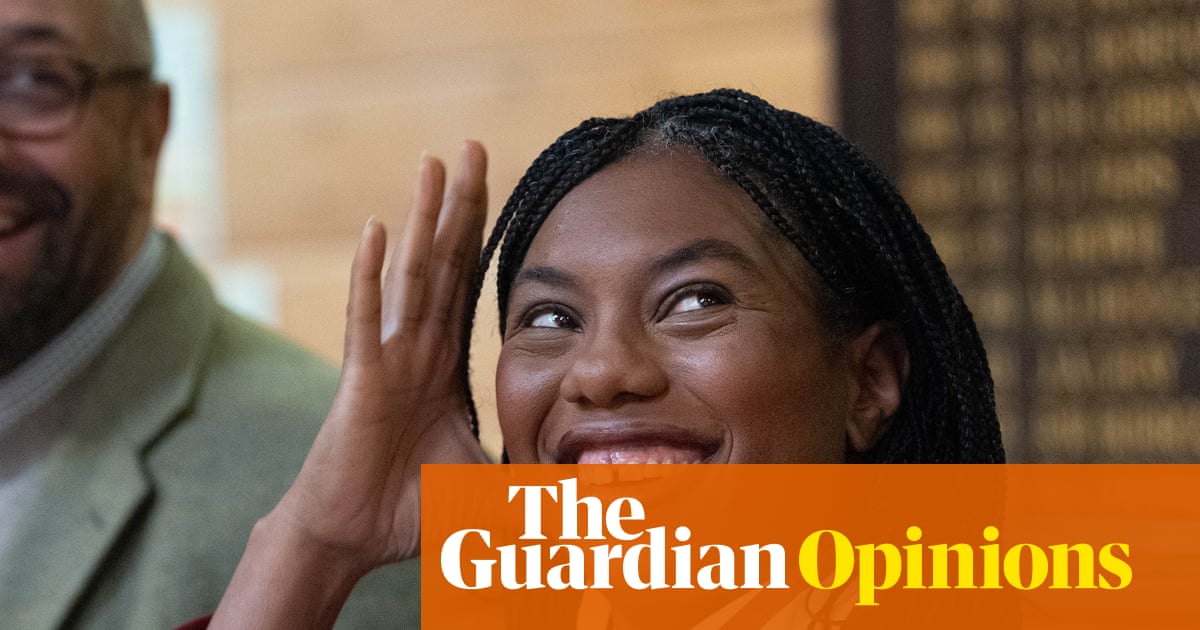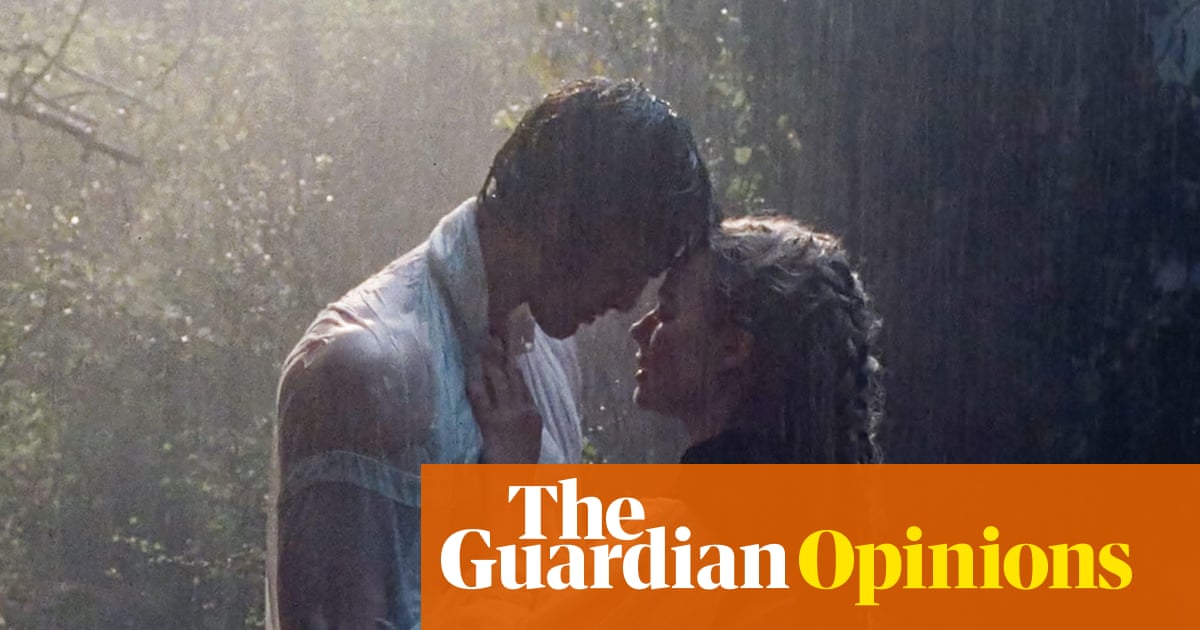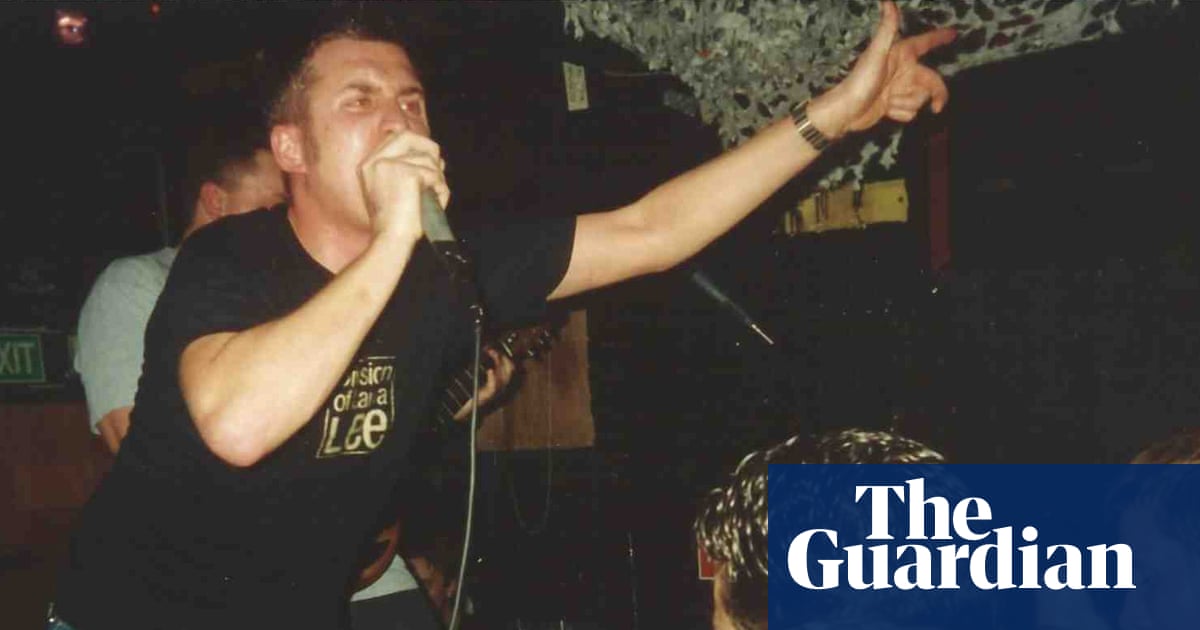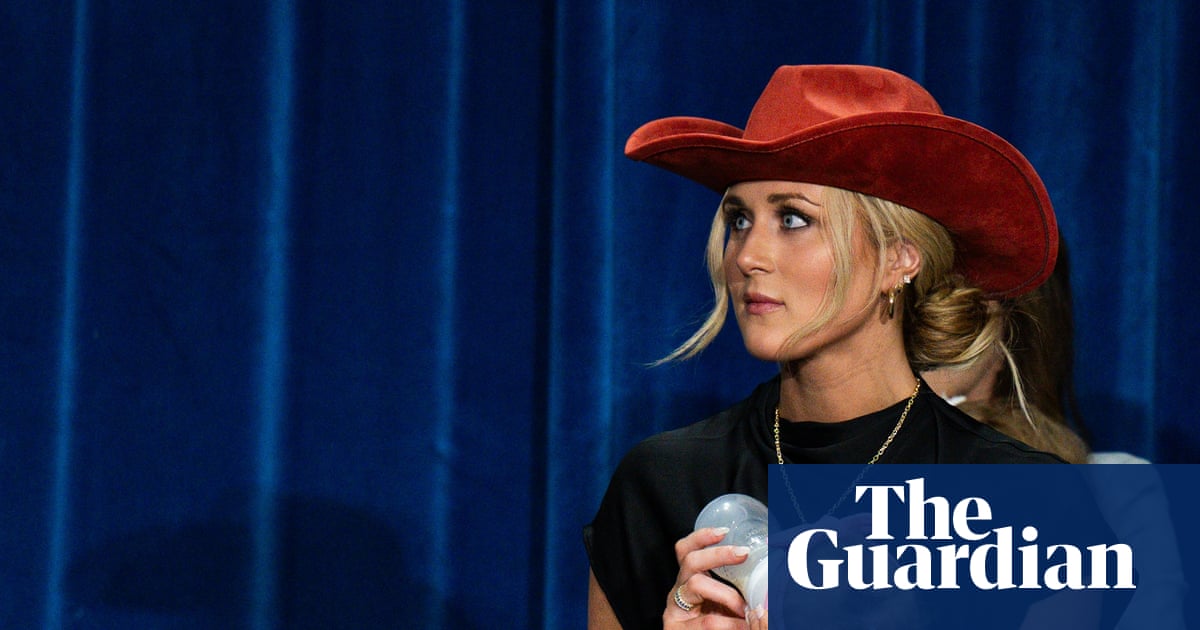In theory, After the Hunt, director Luca Guadagnino’s would-be psychological thriller tracing the fallout of a sexual-assault accusation at a cosseted Ivy League campus, hinges on a single early scene: Alma, the aloof and alluring philosophy professor made icily incandescent by Julia Roberts, arrives home to find Maggie, her doctoral student protege played by ascendant star Ayo Edebiri, waiting for her in the rain.
Crouched together in an apartment stairwell – Guadagnino, a slick and stylish film-maker, frames them facing each other as mirrored negatives in preppy neutrals, a generational yin-yang – Maggie tells Alma in clipped, digressive bits that something bad happened with Hank (Andrew Garfield), a fellow tenure-track professor who serves as Alma’s professional rival, friend and maybe lover. The two had left Alma’s the night before following an evening of drinking and tossing around airless provocations about how offending someone became “the pre-eminent cardinal sin”, or how “the common enemy has been chosen and it’s the straight, white, cis male”. After a nightcap at her apartment, Maggie says, Hank “crossed the line”.
This is the point where one would expect, based on the handful of movies post-#MeToo that have employed ellipsis to convey the stultifying horrors of sexual assault, or the predominance of the so-called trauma plot in contemporary narratives, or even just the fresh memory of a similar scene of immediate aftermath in Eva Victor’s superb dramedy Sorry, Baby, that Maggie would stumble around details of the violation, or the numbing shock, or the confusing freefall of aftermath. But Edebiri, as the critic Justin Chang observed, seems to have been directed to play Maggie as if she’s lying – wide-eyed, jittery, evasive and perhaps even, in overtly reaching for Alma’s hand, manipulative. (We have already seen her rifle through Alma’s bathroom and steal what amounts to Chekhov’s old newspaper clippings.) This scene of revelation – the first telling of what happened – plays not as a confession but a loyalty test for Alma, one which the mentor, cold and clinical and dismissive, fails miserably.
It’s seemingly also a false loyalty test for the viewer: do you believe Maggie, because you feel like you should? Do you trust the story? Watching this scene, I felt the dull tug of bait, the same feeling I get when anyone mentions “cancel culture” seriously. My hackles raised slightly at the presumption of certain presumptions: that I would interpret a scene through a blind “believe all women” lens, that I would critique a film for calling such slogans into question, that I would, on some level, be offended. The point of this scene, in this campus drama of generational divides and reputational warfare, is not to illuminate a particular experience or action; it is politicized reaction. As Alma’s philosophy department head puts it, lamenting the increasingly fraught world of academia: “Against all odds, I’ve found myself in the business of optics, not substance.”
That’s not necessarily a bad business for a film to be in, particularly one about an allegation that so often hinges on the perceived trustworthiness of the person who comes forward, how well they can make their case to the court of public opinion. A better film would have treated this scene as a grenade launched into Yale’s philosophy department, examining the strange and discomfiting complexities that emerge when inherently unverifiable testimony meets arbitrary procedures, when personal loyalties challenge ethical stances and when doubts collide with conviction – what the campus reaction to sexual assault might have been like, during that brief window between the upwelling of #MeToo and the now entrenched, predominant backlash.
Instead, After the Hunt, written by first-time screenwriter Nora Garrett and glossed up by Guadagnino into a recent-history period piece (it’s primarily set in 2019, though its topical references span the 2010s), treats it like a pinball, flinging Maggie’s unspecified allegation off a series of hot-button third rails. What if, as Hank claims, Maggie plagiarized her dissertation, and he was about to expose her? What if, actually, she is the Black, queer spawn of the b-word (billionaire, and Yale mega-donors at that; given that Ivy League nepo babies are overwhelmingly white, this detail feels particularly contrived to juice the idea that marginalized identity confers unearned or undeserved privilege). What if a mob of protesters, led by her non-binary partner, swarm Alma for answers? What if she is actually a mediocre student?
After the Hunt trains not on Maggie, however, but on Alma, whom Roberts imbues with a magnetic inscrutability that manages to give shape to a ludicrous spiral through a cluster of provocations – sexual assault allegation, Brett Kavanaugh-esque pleas for sympathy, “cancel culture”, administrative dogma, gen-X derision for gen-Z snow-flakiness. The film unfortunately echoes earlier movies shaped by the #MeToo movement – Emerald Fennell’s Promising Young Woman, Olivia Wilde’s Don’t Worry Darling, Zoë Kravitz’s Blink Twice – that prioritized deadening shock over character to make a point. In those, it was some variation of “misogyny is a helluva drug”. In After the Hunt, as the director and stars have reiterated in a high-profile press tour, it’s to get people talking.
It’s not working – the film made a dismal $1.6m domestically on its opening weekend. That’s a confluence of factors outside the film’s control – it doesn’t help that it’s arriving as a relic of the late-Biden era at a time when universities are under full ideological assault from the Trump administration – but in part because provocation for provocation’s sake is not a winsome trick. After the Hunt, like all of Guadagnino’s films, is sleek and intoxicating and attractive, in the way that mahogany-walled, prestigious rooms can be; it’s also hollow, a cacophony of clanging signifiers like Foucault’s panopticon, Rolling Stone exposés and “this shallow cultural moment”. Spoilers ahead: it’s never made clear what actually happened between Hank and Maggie, nor what Maggie even accuses him of, as if it makes no difference; Hank is revealed to be right about Maggie’s plagiarism but also liable to not stop at “no”; weakened by illness, Alma confesses to her husband, Frederik (Michael Stuhlbarg), that she had a relationship as a 15-year-old with her father’s friend, then made up rape allegations to punish him when his interest strayed. That she was a child, as Frederik argues, feels like poor consolation; the emphasis remains on the damage of improperly weaponized feelings, everyone revealed to be horribly compromised.

I don’t believe, as some have argued, that this amounts to “reactionary centrism”, a mode of politics that prioritizes even-handedness while over-indexing leftwing overreach. To call it such would be to ascribe too much ideological logic to a film that is primarily about the feeling of agitation via micro-era buzzwords. Nor is it a crime of “muddled politics” – films reflect people, and people are always a jumble of contradictions, idiosyncrasies, patterns and histories that are never entirely coherent. It reads, instead, as an honest reflection of “cancel culture” – a misnomer of a concept that is always inflated, never honestly invoked, at once too broad and too inflexible: a largely ungrounded concept whose meaning depends on the user, often as a deflection. Like so much of the online discourse cycles that clearly inspired the film’s twists, After the Hunt has the stale taste of something reverse-engineered to push buttons, inorganic controversy manufactured to pass as juicy. (See, in the rage-bait variety, the recent Sydney Sweeney jeans controversy.)
To be fair, it is exceedingly difficult to translate internet frenzy to the big screen – Todd Field’s magnificent Tár, also about a domineering, icy, staggeringly compromised woman, was one of the very few to seamlessly weave a strain of “cancel culture” in, by burrowing deeply into the psyche of said staggeringly compromised woman. After the Hunt, despite Roberts’ stellar performance, settles, like many “cancel culture” wielders, for the self-satisfied facsimile of argument. For a film billed as “not everything is supposed to make you comfortable”, it seems all too pleased.

 3 months ago
50
3 months ago
50

















































